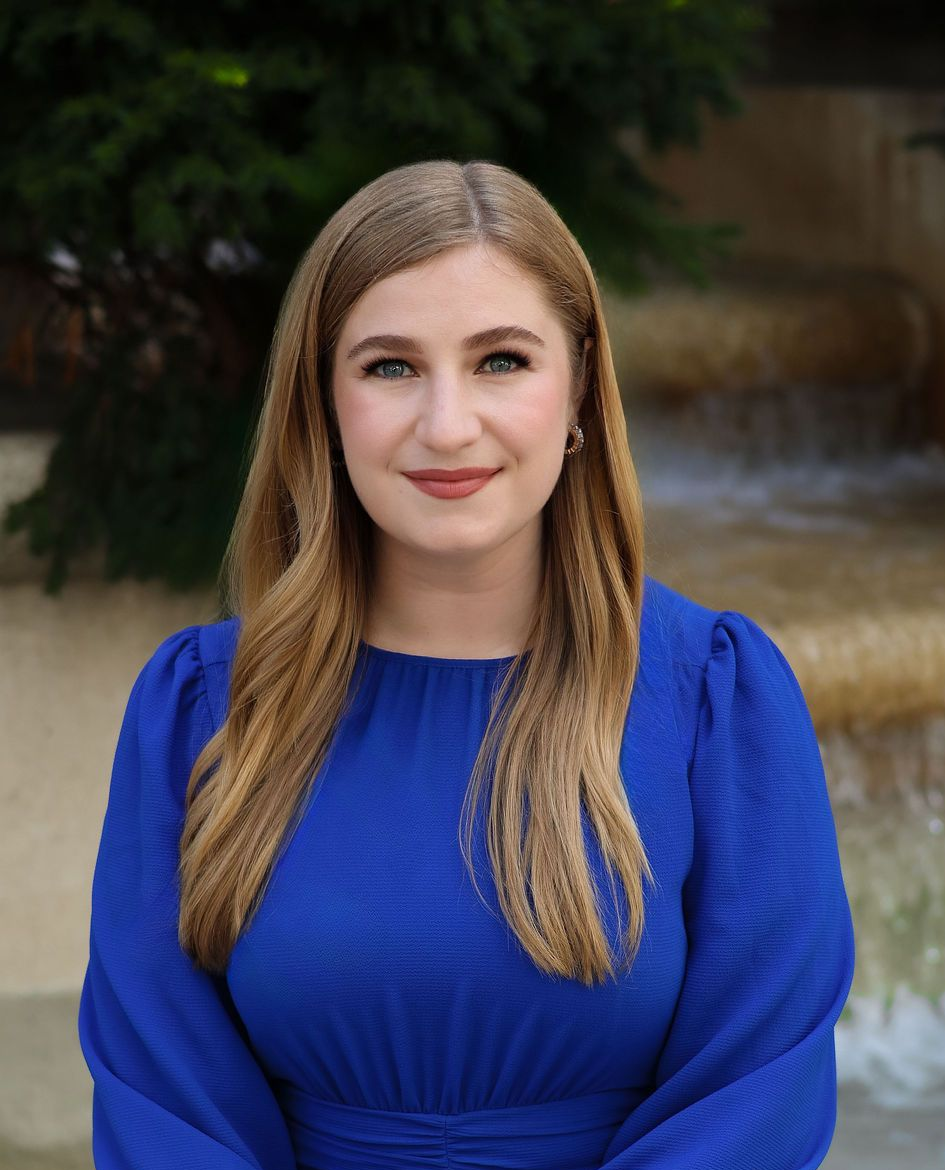Disagreement Isn't Only Natural, It's Necessary.
That's Right, Disagreement is Necessary.
The following paragraph comes right from my new MattLehrman.com website, and I’m sharing it here because it’s such an important statement about the imperative of community leadership.
Disagreement is an inherent aspect of human interaction, and it is the unique responsibility (and opportunity) of every local leader to navigate it in a way that fosters understanding and strengthens community.
When someone says something which you oppose, instead of confronting them with an immediate "I disagree," try saying, "Tell me more" and invite them to share more deeply of the experience and knowledge that informs their perspective. It may test your patience, but it's never a weakness to listen to someone with genuine interest.
The most elemental job of community leadership is to "slow down & open up" moments of disagreement so that everyone feels connected, respected, and heard. There's no promise of a magic solution to satisfy all - but the process by which leaders make mindful and purposeful decisions is crucial for building more inclusive and resilient communities and organizations.



